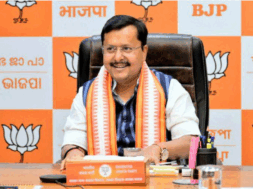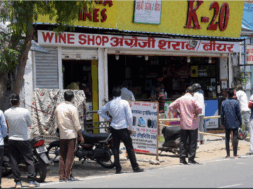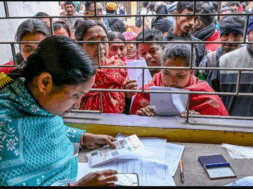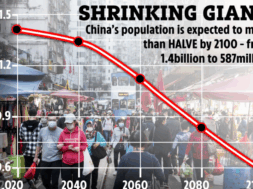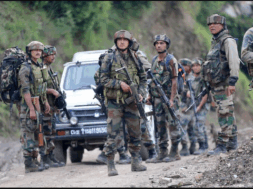
Covid-19: ‘No, it’s not over, nor slowing down’, warns WHO chief scientist
Virendra Pandit
New Delhi: Those who thought the pandemic is a thing of the past—although new variants are still being reported—should heed her warning, again.
The World Health Organization (WHO) chief scientist Dr. Soumya Swaminathan has said there was clear evidence that the coronavirus pandemic is not really slowing down as the spread of Delta variants and slow pace of vaccination is leading to a surge in Covid-19 cases across most regions of the world.
She told a news outlet that the Covid-19 cases are rising in five out of six WHO regions, and mortality rates in Africa have jumped by 30-40 percent in the last two weeks.
Even in India, infections caused by the virus’ variants like Delta, Delta-Plus, and Kappa have been reported in the last few days. Ignoring warnings of the possible third wave, the way they did in February-March this year before triggering the second wave, many have thrown caution to the wind, and crowded tourist places and other densely populated areas.
“In the last 24 hours, close to 500,000 new cases have been reported and about 9,300 deaths — now that’s not a pandemic that’s slowing down,” Dr. Swaminathan said, according to media reports on Saturday.
The four major reasons for the spread of the virus are the latest Delta variants, lack of social distancing, easing of Covid Appropriate Behavior (CAB) and lockdown rules, and the snail pace of vaccination.
The fast-spreading Delta variant is the most transmissible, and most dangerous variant of Covid-19 seen so far, she said, adding this is the main reason behind the surge in infections. Each person infected by the original virus could infect only about three others but a person infected with the Delta variant could infect close to 8 people, she said.
Dr. Swaminathan regretted that the people are no longer heeding the warnings. Out of pandemic fatigue or compulsions, they are moving out of their houses and indulging in social mixing, leading to a rise in cases. Many countries in the world and regions in those countries have eased restrictions, even relaxed safety measures like face-masking and social distancing, she said.
While vaccination levels in some countries are reducing severe Covid-19 cases and hospitalizations, there are parts of the world that still face oxygen shortages, lack of hospital beds, and higher mortality rates.
About the Covaxin’s Phase-3 data, she said they looked promising and the India-made vaccine could be approved by the WHO by mid-August.

